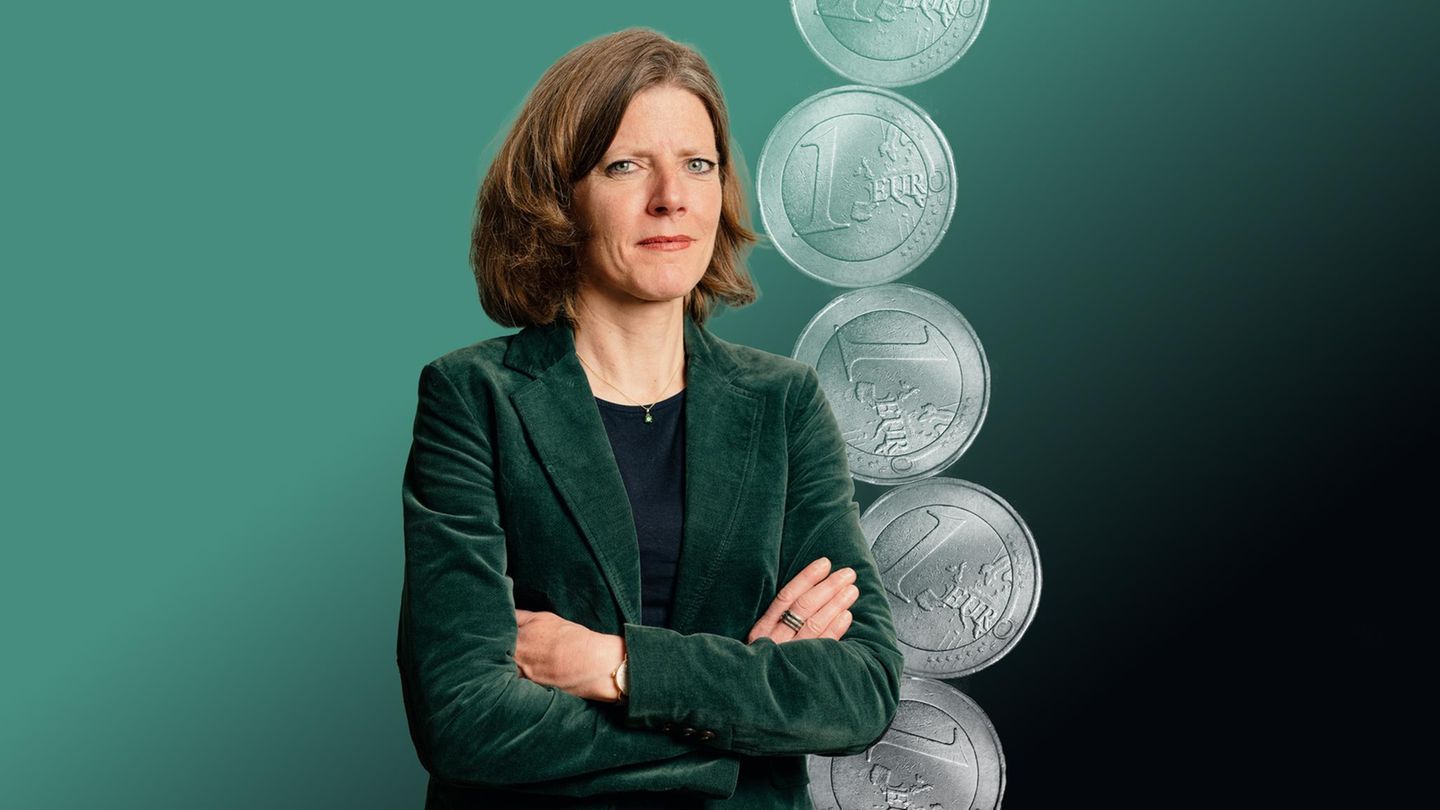The delegations around SPD chancellor candidate Olaf Scholz and FDP leader Christian Lindner met on Sunday afternoon in Berlin. When they arrived at the venue, an office and conference building, the politicians refrained from commenting. Statements from both parties were planned later.
Then the SPD side wanted to meet with the Green negotiating team around party leaders Annalena Baerbock and Robert Habeck. In the evening, negotiators from the Union for Chancellor candidate Armin Laschet (CDU) confer with the FDP delegation.
Scholz and the SPD have been relying on the formation of a traffic light coalition with the FDP and the Greens since they emerged as the strongest force in the election. Initially, the Greens and the FDP had started talks in the past few days. Now it is the first time that the six-man SPD delegation is also holding corresponding talks. A Jamaica coalition made up of the Union, Greens and FDP is still not off the table, even if the Union suffered a severe election defeat.
Immediately before the first exploratory rounds, the FDP increased the pressure on the Union. “The CDU and CSU have to clarify whether they really want to lead a government,” said FDP boss Lindner of “Bild am Sonntag”. “Some of the speeches from the CDU speculate that negotiations with the SPD should fail before the Union comes back into play. You cannot expect our country to do that.” With this, Lindner reports doubts about a Jamaica coalition made up of the Union, Greens and FDP.
In the meantime, further calls for a renewal are being heard in the CDU, which are putting party leader and Union Chancellor candidate Laschet under pressure. “It is clear that this election result is catastrophic,” said the head of the CDA workers’ wing, Karl-Josef Laumann, of “Welt am Sonntag”. There can be no “business as usual” for the Union. Young Union boss Tilman Kuban also called for a realignment. “We have to realign ourselves in terms of content and personnel,” he told the newspaper. The deputy CDU chairman Jens Spahn advocated a rejuvenation of the party leadership: “The next generation after Angela Merkel must now be more visible.”
Spahn and board member Norbert Rttgen are calling for the CDU to be reorganized. But it is not enough to just change one person, said Rttgen to the “Tagesspiegel” with a view to Laschet. Spahn, Rttgen and Friedrich Merz – all three from North Rhine-Westphalia – are themselves candidates for future CDU leadership positions in the party and parliamentary group.
SPD leader Norbert Walter-Borjans was confident that his party would come to an agreement with the Greens and the FDP by December. “This time we don’t have to probe until we drop,” he told “Welt am Sonntag”. You need a big common line and you don’t have to lay down every detail in a coalition agreement.
In addition to the economy, local politicians are also calling for a government to be formed as soon as possible in order to tackle the challenges ahead quickly. The President of the German Town Council, Burkhard Jung (SPD), called for a quick end to the explorations and speedy coalition negotiations. “Our country can not afford a hangover,” he told the “Rheinische Post”. “We cities want to remain livable and innovative. The federal government must provide a good framework for this.”




